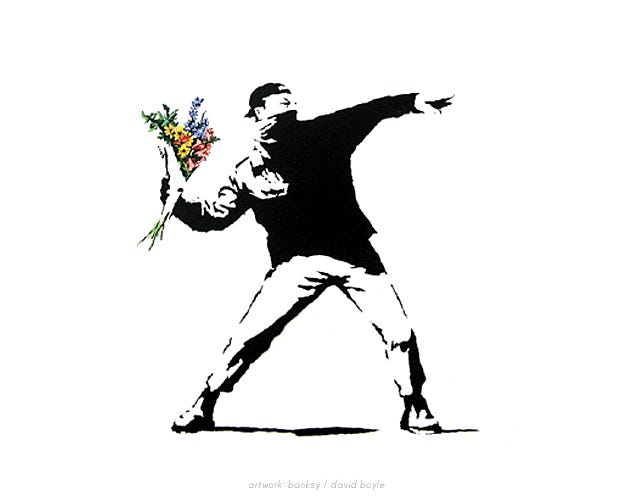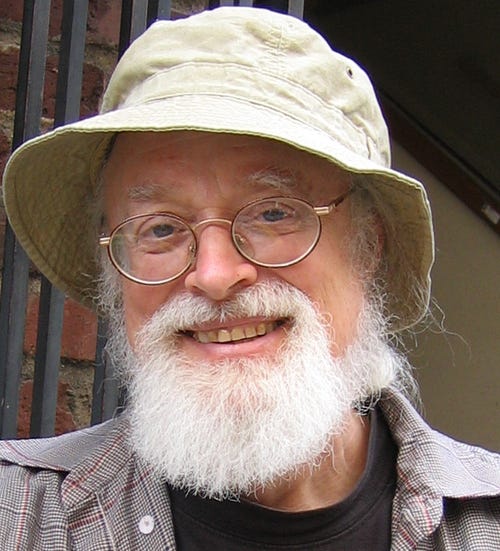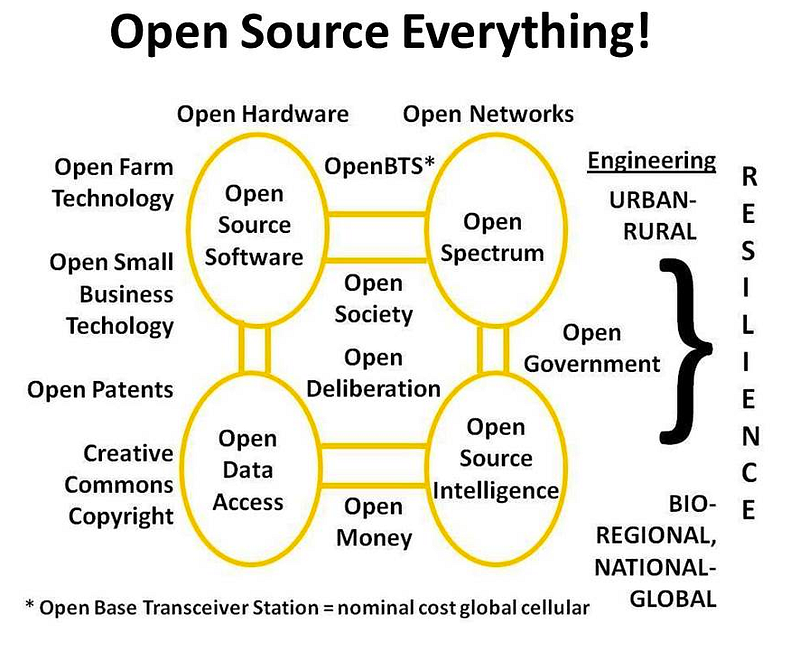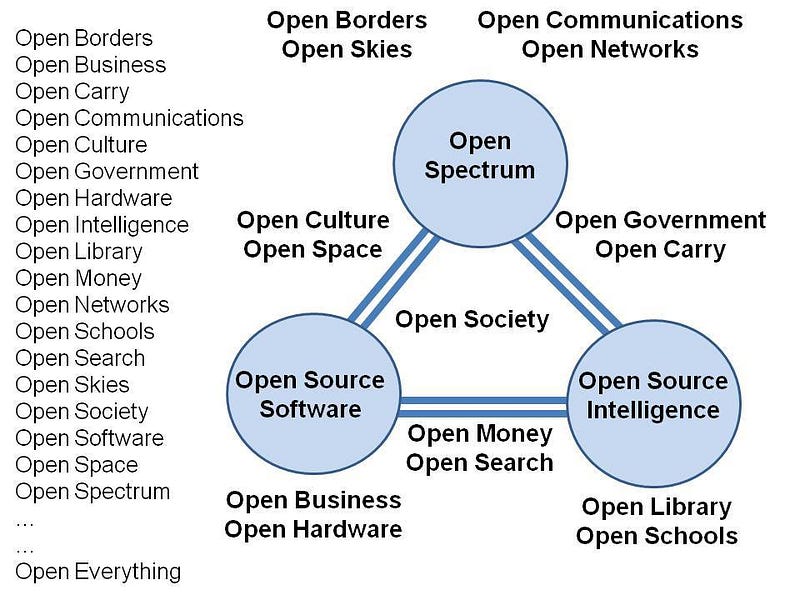If success or failure of this planet and of human beings depended on how I am and what I do […] HOW WOULD I BE? WHAT WOULD I DO?
— R. Buckminster Fuller
We cannot individually comprehend the range, depth and detail of the consequences we are collectively generating for ourselves.
— Tom Atlee (2002)
During my time living and working at the Findhorn Foundation ecovillage, I had the opportunity to collaborate with May East on a wide range of projects. May is Brazilian and has been an activist since the late ’80s. She is a co-founder of the Global Ecovillage Network and Gaia Education, and directs the United Nations training centre CIFAL Scotland. She has been repeatedly listed as one of the top 100 global sustainability leaders (ABC Carbon, 2012). More than most people I know, May embodies the role of a global change agent and bridge-builder between the often-separate worlds of civil society, business and governance.
Her work stretches from teaching capacity-building courses in sustainable community design and transition town trainings to activists all around the world, to working with local and national governments on a wide range of sustainability issues, and to international development work and sustainability training with UNITAR and UNESCO. May has actively contributed to the development of the new UN Sustainable Development Goals.
May and I share a passion for helping diverse constituencies and stakeholders explore whole-systems design solutions that draw on collective intelligence, integrating diverse perspectives and needs. We thrive on building bridges of collaboration between activists and corporate leaders, between academia and civil society organizations, and between local and regional governments and the UN system.
There is a widespread tendency among activists to ‘fight against’ something, rather than extending our hands and opening our hearts to those whose unsustainable practices and attitudes we are hoping to transform. We are all part of the problem and we will all have to be part of the solution. May once shared her definition of activism with me:
“The first thing I do after my morning meditation is to consciously choose where I will put my attention that day, what conversations and projects I will activate through the power of my attention.”
— May East (personal comment)
We are all activists, activating one story or another through the power of our attention and the way we participate in our communities. We can choose to activate and embody the story of separation or the story of interbeing. We can choose what kind of world we want to bring forth together with the people we are in contact with. We can ask ourselves:
What am I choosing to activate through the power of my attention?
How does my participation contribute to the world I would want to live in?
We are all designers! We are all activists! Regenerative cultures are co-created by people who have become conscious of the way their participation activates certain possibilities, people who share a vision for a better world, collaborating to co-create a thriving future for all Life. Mindful practitioners and conscious activists live a simple question every day:
How can I be the change I want to see in the world?
They are aware of the ‘future potential of the present moment’ and aim to act wisely to facilitate positive emergence in an unpredictable world.

Graffiti by Banksy
The first step is to be aware of what we are activating in the world by the power of our attention and the story we propagate through our thoughts, words and actions. When we reach out to our communities (families, neighbourhoods, colleagues and friends) and invite them to live the questions together, we are inviting multiple perspectives and diverse ways of knowing to inform our cooperation in the co-creation of regenerative cultures.
This kind of open exchange and inquiry can facilitate the emergence of collective intelligence and future consciousness to inform wise actions in the face of increasing complexity and in humble recognition of the limits of our own knowing.
You too can become a conscious activist, change agent and bridge builder by starting such an inquiry in your community. The fact that you have read this far means that you probably already are. By exploring the questions in this book with others and refining them, or adding to them, we can continue our pilgrimage and apprenticeship in the transition to the third horizon of a regenerative human presence on Earth.
In Reflections on Evolutionary Activism, Tom Atlee highlights three evolutionary dynamics:
i) integration of diversity,
ii) constant alignment with reality, and
iii) self-interest rooted in the wellbeing of the whole.
These are key characteristics of regenerative cultures aligned with the evolution of life. They are also guidelines to help us, as individuals, keep on learning and contributing to the creation of regenerative businesses, communities and cultures.
Atlee begins his book by reminding us of the long evolutionary journey from the beginnings of the universe to our times. Our bodies literally contain atoms forged in the death of giant stars. As participants in this ever-transforming and evolving whole, we are expressions of what Atlee calls the Creative Power of the Universe. He extends an invitation to all of us:
As evolutionary activists we can step out of [separation] and into the awareness that we are part of the ongoing creation of the universe, that our power is the Creative Power of the Universe working through us, and that we have a creative job to do, a really important undertaking to be part of. We are the eyes and ears and hands and feet and heart and mind of the Creative Power of the Universe at work in our world at this time forming the first sustainable self- evolving, wise civilization ever seen on this planet. Every decision we make — including how to spend this precious moment and where to put our precious energy and which precious people to work with and how we are going to be with them — all these decisions are the Big CPU feeling its way about what to do next here, what is possible now. […] You and I are that Power, in that Power, of that Power. Welcome home. We’re all in this job together, backed up by the greatest creative force on Earth — and beyond. Let’s go to work, as consciously, in tune, and together as we can manage.
— Tom Atlee (2009:33–34)
Tom Atlee’s work offers profound inspiration and practical support for people willing to live the questions together in order to redesign the human presence on Earth. He describes how a series of questions has guided his own journey as a life-long activist (pp.43–47):
How can I help make a better world?
What is the meaning of self-organized collective intelligence?
How can activist groups become more collaboratively effective?
How can communities and countries be more collaboratively effective?
How can humanity wisely and creatively work with the crises of our time?
How can we help our social systems and cultures consciously evolve?
How can we grow into being evolution — and take responsibility for our own role as the increasingly conscious co-intelligence of the universe?
How do we activists humbly become the world consciously evolving in directions that deeply support all forms of aliveness?
— Tom Atlee
The last two questions invite us deep into a participatory and evolutionary perspective, which we are participants in and expressions of, aiming to become more fully conscious of how our being and doing creates conditions conducive to life.
The practice of Living the Questions Together and co-designing the transition towards regenerative cultures is a practice of evolutionary activism. The approach I have explored in this book is fully aligned with Atlee’s principles for evolutionary activism:
1) promoting healthy self-organization and the conscious evolvability of whole systems
2) using strategic questions and strategic conversations as primary transformational tools
3) engaging diversity and dissonance creatively in service of greater life
4) highlighting, using, and promoting the energy of positive possibility
5) consciously seeking and using guidance from evolutionary dynamics
6) considering co-creativity the sacred essence and power of our work
7) seeing evolutionary activism as part of the great story of evolution becoming conscious of itself, and inviting others into that story
Tom Atlee, 2009: 54–63; Principles of Evolutionary Activism
In Thoughts on Wisdom and Collective Intelligence, Atlee says “if individuals cooperate they can generate collective intelligence”. The world has become so complex, new technologies are developing so rapidly, information and knowledge are expanding at such a pace, and we are facing so many converging crises on multiple scales that we need the power of many minds to inform wise action. For collective intelligence to emerge we need to pay attention to “the presence of ‘the whole’ in the life and functioning of ‘the parts’”.
Atlee lists a number of conditions that facilitate the successful emergence of collective intelligence: a shared vision, an understanding of collective purpose, believing in shared work, dealing with diverse perspectives creatively, integrating multiple stakeholder perspectives into a “more complex big-picture reality”, a shared ability to “encounter more of the whole” and a sense that the whole is working through all of us and as all of us. He offers an insight into wise participation by proposing that “wisdom characterizes any factor that facilitates greater engagement with more of the whole”.
In this context, “factors” can be as diverse as a worldview; a piece of insight, information, knowledge or understanding; a way of thinking, feeling or behaving; a narrative or a design. “Any of these can shape our engagement with the world in holistic ways and thus be wise.” Atlee explains:
“engagement here can be active or passive. It includes perceiving, reflecting on and understanding, as well as being with, responding to, influencing and changing reality, as well as being influenced or changed by it. Engagement here implies interbeing and interactivity. […] The ‘whole’ here refers to the deeper, fuller, more comprehensive reality of something — a person, a group or community, a situation, an idea, the world, or anything else.”
— Tom Atlee(2004)
The narrative of interbeing and a participatory living-systems view of life are important enabling factors in the emergence of collective intelligence through cooperation. At the level of the individual and the collective we have to consciously explore appropriate participation.
To do so we need to make use of all our diverse ways of knowing: thinking, feeling, intuiting, and sensing. Wise action can only be guided by synthesis and cooperation. Leadership is increasingly recognized as a role that all of us can take and no longer personified by individuals who exert ‘power over’ through secret intelligence and proprietary knowledge and technology.
Wise leadership in the 21st century has to be rooted in ‘power with’, public collective intelligence, and open sharing of knowledge and technology. Tom Atlee writes:
Power-with is fast becoming as strategic and skilled a science as power-over. Even military and business schools are teaching the power of cooperation. Power-with is also becoming a source of power in sustainability practices working with bugs and bacteria to compost garbage and recycle wastes or working with wind and water to generate energy. All fields and practices that stress collaboration are exercising power-with.
Tom Atlee (2012)
Atlee emphasizes that “just because our current systems of politics and governance — and economics and so many others — are designed to get us to compete, doesn’t mean we have to always go there. We can create new systems that help us work together more powerfully.” If we practise collaboration and live the questions together we can access the “power and wisdom that arises from within and among the group’s members. This power and wisdom does not come from the individuals themselves so much as from their interactions, from a kind of group energy or intelligence that shows up because these people are together” (2012).

Tom Atlee (Image Source)
Once you have experienced directly what Atlee talks about here, collective intelligence and wisdom cease to be abstract notions and become an attainable, lived reality and embodied experience. Sitting in council circles has given me this transformative experience.
In the autumn of 2014 I attended a remarkable gathering of activists and cultural creatives from 52 countries and 6 continents. Two years earlier, I had helped to conceive and plan the New Story Summit at the Findhorn Foundation.
Among the many inspiring people I met was a former CIA spy turned whistle-blower and activist, who in 1988 — after years of covert operations — had come to understand his “life as a spy specializing in secrets was not only unproductive, it was in sharp opposition to what we actually need: full access to true information, to the complete diversity of views on any given issue, and consequently, the ability to create Open-Source-Intelligence (OSINT).”
Robert Steele is a pioneer of this OSINT approach and he makes a convincing argument that it is in fact a necessary foundation for “direct democracy: participatory intelligence (decision support), open-source policy-making, and participatory budgeting” (Steele, 2012: xiii). Figure 29 shows the ‘larger ecology’ of the Open Source Everything approach:

Figure 29: Open Source Everything
I highly recommend the Open Source Everything Manifesto Steele published in 2012. At the New Story Summit, he was invited to submit a research paper to the UN’s high-level panel on the post-2015 development agenda. The paper is now online (Steele, 2014a).
[Here is a newer version of this open source everything systems map that Robert Steele presented to the P2P Foundation:]

More maps and source
Apart from offering the UN “a 21st century alternative approach for development” the paper argues that the 17 Sustainable Development Goals could effectively be achieved by 2050 at an estimated cost of $230 billion a year, a fraction of the $1.3 trillion the world’s governments spend annually on their military. In a recent article, Steele wrote:
[Collective Intelligence] in the 21st century — a human endeavor — must focus on the true meaning of intelligence as evidence-based decision-support, rooted in holistic analytics, true cost economics, and open source everything enabling open source engineering. […] My hope is that we can reinvent intelligence to re-engineer and re-open the human academy, economy, governance, and society such that the five billion poorest are empowered to create infinite sustainable wealth at the same time that we stop, in a non-violent manner, the pathologies of Western capitalism, colonialism, and militarism.
— Robert David Steele (2014b)

Robert David Steele
Applied collective intelligence — based on multi-national, multi-agency, multi-domain and multi-disciplinary collaboration in information-sharing and sense-making — can help us to co-create a world that works for all. In line with what we have explored in this book, Steele calls for a redesign of academia, economics, governance and our societies “to embed intelligence in what we build, how we build it, and how we use it”. We need to go beyond the kind of embedded intelligence approach promoted by, for example, IBM’s ‘Smart Cities’ and the current fad of ‘smart everything’. Rather than doing the ‘wrong thing righter’ we need to redesign with appropriate decision support (ibid).
Collective intelligence and wisdom is an emergent property of complex dynamic eco-social-systems with predominantly cooperative rather than competitive relationships. If we cooperate effectively in the sharing of knowledge, information and technology and learn to distinguish education from indoctrination we can almost certainly find appropriate responses to the converging crises humanity is facing.
If we learn to share the biocultural commons more equitably at a local, regional and global scale and create life- long-learning opportunities for all of humanity we can unleash the enormous abundance and ingenuity that lies in the creative and innovative capacity of billions of underprivileged people in the world.
We cannot create regenerative cultures without creating more equitable cultures.For this transition to be successful, we need the widespread participation of informed citizens collaborating in the creation of regenerative communities at every scale, empowered and enabled by global collaboration.
When all your creative ability is absorbed by desperately meeting the immediate survival needs of yourself and your family and without basic education and access to higher education, it is hard to collaborate in long-term community projects and a globally collaborative effort to create a regenerative human civilization.
We need to enable all humanity to take an active role in the great transition to a regenerative human presence on Earth. As David Orr says: “It’s all-hands-on-deck time! Hope is a verb with its sleeves rolled up” (personal comment). We need to share all our resources openly.
There is, to some extent, also a leap of faith in moving from the competitive, depleting win-lose economy into the collaborative, regenerative win-win economy. We need to trust that by effectively sharing what we have (money, knowledge, skills, technology, productive ecosystems, a life-sustaining biosphere and other resources) we can co-create genuine abundance and a more meaningful and joyful life for everyone, including ourselves, our families and our communities.
Sharing and cooperation can spread through the system like infectious health. The more people meet with cooperative, empathic and sharing attitudes, the more they will step into the joy of cooperating, caring for and sharing with others. In these transition times, we all have to ask ourselves:
What kind of world am I activating through the power of my attention?
Co-creating regenerative cultures is evolutionary activism, and every day is a new opportunity to step into our role as evolutionary activists in this transition.
[This is an excerpt of a subchapter from Designing Regenerative Cultures, published by Triarchy Press, 2016.]
A very much home made video of me trying to summarize the transition to diverse regenerative cultures
Daniel Christian Wahl works internationally as a consultant and educator in regenerative whole systems design, and transformative innovation. He holds degrees in biology (Univ. of Edinburgh / Univ. of California) and Holistic Science (Schumacher College) and his 2006 doctoral thesis (Univ. of Dundee) was on Design for Human and Planetary Health. He was director of Findhorn College between 2007 and 2010, and is a member of the International Futures Forum, a fellow of the RSA, a Findhorn Foundation Fellow and on the advisory council of the Ojai Foundation and the Ecosystem Restoration Camps Foundation. Daniel’s clients have included UNITAR (with CIFAL Scotland), UK Foresight (with Decision Integrity Ltd), Ecover (with Forum for the Future), Bioneers (with the Progressio Foundation, and with the Findhorn Foundation), the Dubai Futures Foundation (with Tellart), The Commonwealth Secretariat (with Cloudburst Foundation), Gaia Education, the Global Ecovillage Network, the State of the World Forum, Balears.t, Camper, LUSH and many educational NGOs, universities, and design schools. He is co-founder of Biomimicry Iberia (2012), and has been collaborating with ‘SmartUIB’ at the University of the Balearic Islands since 2014, and works part-time as Gaia Education’s ‘Head of Design & Innovation’ since 2015. His recent book Designing Regenerative Cultures, published by Triarchy Press in the UK in May 2016, has already gained international acclaim, and his blog on Medium has a large international readership.